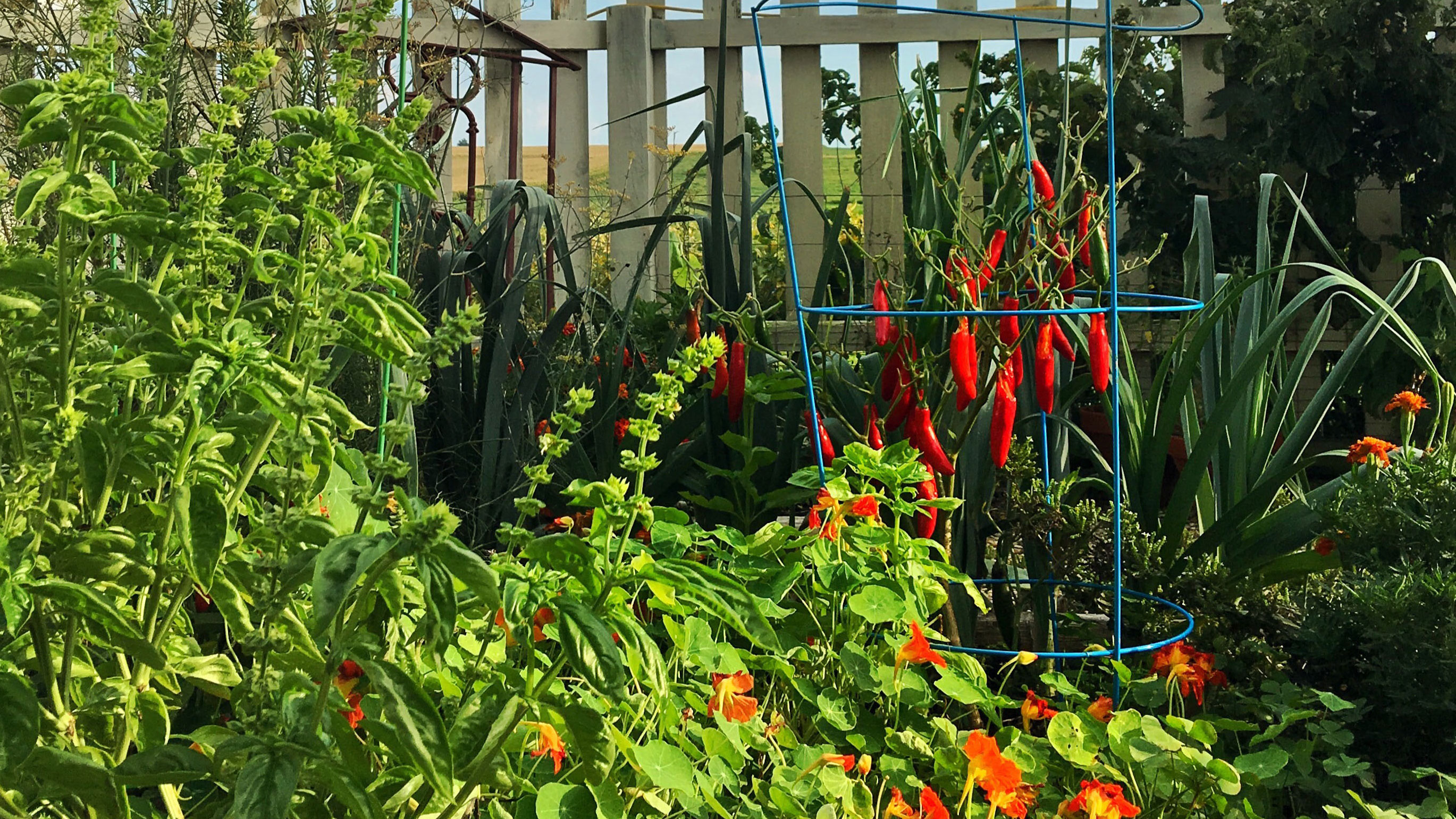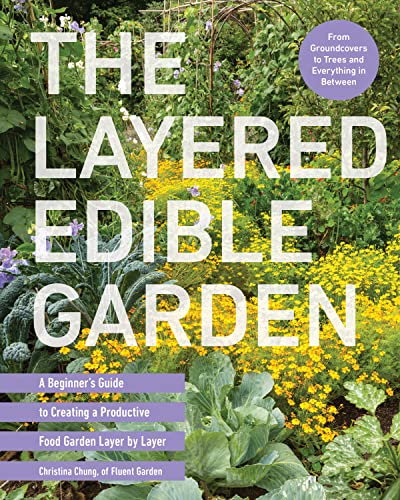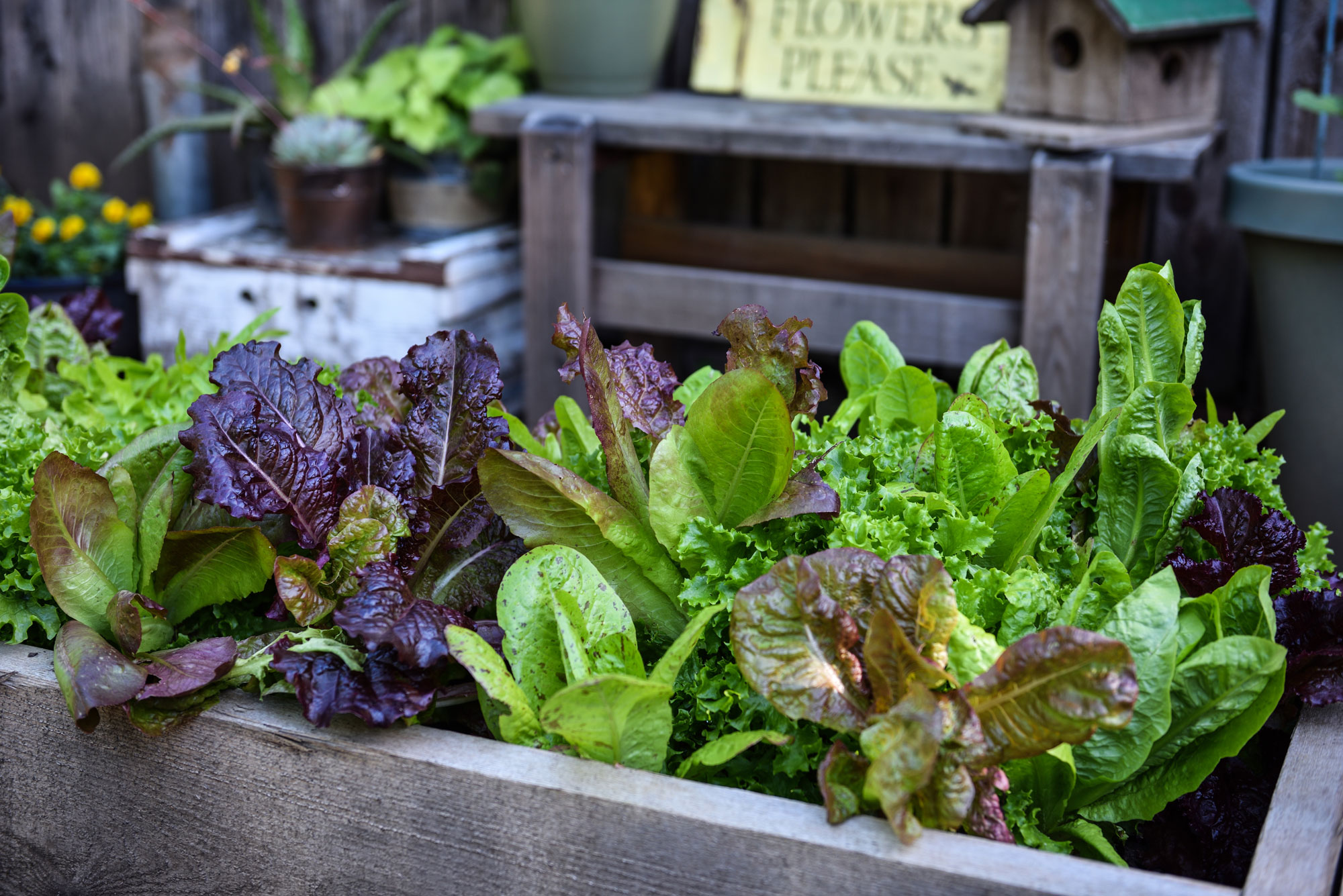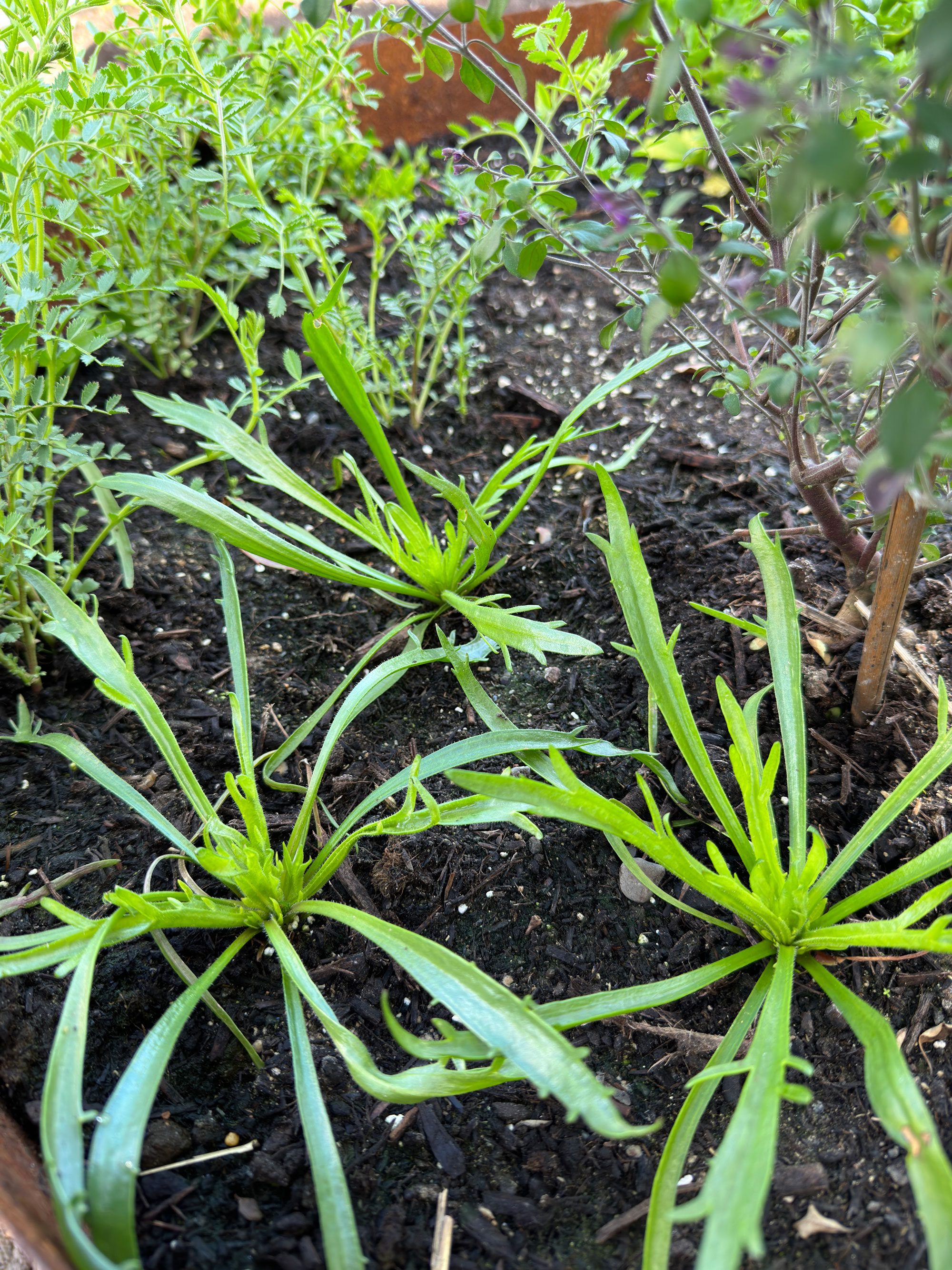This "Layered Garden" Idea is the Secret to Growing More Fruit and Vegetables If You've Got a Small Yard
Expert gardener Christina Chung's approach to growing your own in small spaces is a genius approach that looks great, too


The Livingetc newsletters are your inside source for what’s shaping interiors now - and what’s next. Discover trend forecasts, smart style ideas, and curated shopping inspiration that brings design to life. Subscribe today and stay ahead of the curve.
You are now subscribed
Your newsletter sign-up was successful
Full transparency — I've got a small backyard. I love the idea of growing my own fruits and vegetables, but with space not on my side, it seems like an impossible task.
While I've got raised beds I could potentially plant in, my biggest concern with creating a vegetable garden is that it won't look as good as an ornamental scheme and it won't be the best way to make use of the limited space I do have.
However, I recently read a new book by gardening expert Christina Chung called The Layered Edible Garden, and it's changed my mind on what's possible when it comes to planting veg and fruit in even a tiny backyard. I asked Christina for the low-down on what a "layered garden" actually is, and how it can help you grow your own edible crops, no matter what size of space you have to work with.

Price: $26.46
Filled with advice for growing edible crops in layers, Christina Chung's book is the perfect introduction to getting to know fruit, vegetables and more better and learn to grow them together in the best ways to benefit all of your garden.
What is a Layered Edible Garden?

When I think of a vegetable garden, I think of raised planters at the edge of a yard, filled with straight rows and rows of crops. However, Christina Chung (who you can find on Instagram at @fluent.garden) has a different idea of what growing your own can look like. Her vision is for a garden where fruit and vegetables are grown in layers; where they're as beautiful as ornamental plants and where they each benefit from being planted next to one another.
'Layering or mixing and matching vegetable plants with compatible cultural needs can create aesthetically pleasing and productive plantings,' Christina tells me. 'With many of the shorter-lived, main-season vegetable crops like tomatoes, squashes, and beans, traditional gardening advice normally recommends planting similar crops in blocks. While this has many benefits when it comes to managing for pests and diseases, maintenance, and harvesting for larger groups of the same types of vegetables (e.g. an entire bed dedicated to tomatoes), many times this style creates areas of bare space in between plants which require a gardener to either weed or mulch,' she says.
'Gardeners can instead consider a visually-appealing and space-efficient approach with a container or small space layered planting incorporating elements like a small fruit shrub, trellised runner beans, colourful Swiss chard, radishes, and trailing nasturtiums.'
In The Layered Edible Garden, Christina breaks down the the garden into 8 separate layers: trees, sub-canopy trees, shrubs, vines, perennials, annuals, ground covers, and edible roots. These layers all offer opportunities to pack more edible crops into a small space, while also ensuring that crops planted together support each other. It might even make your small vegetable garden lower maintenance than ever.
The Livingetc newsletters are your inside source for what’s shaping interiors now - and what’s next. Discover trend forecasts, smart style ideas, and curated shopping inspiration that brings design to life. Subscribe today and stay ahead of the curve.
What are the advantages of edible garden layers?

Christina's planting plans for fruit, vegetables and more takes into account when plants grow, how long they last, and the role they play in the wider planting ecosystem. 'Plants that can persist for longer than one growing season can play an important role in covering the soil surface which can: suppress weeds, regulate soil temperature and moisture, and provide visual interest through the many months,' she says.
'These additional benefits can help you reduce time weeding, mulching, and spending time and money purchasing more annual plants to fill in empty areas during less colorful off seasons.'
'Also, when there are more perennial plants incorporated into plantings, that means each spring there is less of a need to purchase/start new annual plants to fill out a garden — one simply needs to wait for the longer-lived favorites to wake from dormancy and start their growing cycle again.'
How can I start a layered edible garden?
So now you know what a layered edible garden is, how do you start one?
'Start small,' Christina suggests, 'whether working in a small section of a garden or if you’re trying this style out vegetable container gardening. Maybe begin with picking out an interesting small fruit tree or shrub to act as a longer-lived “anchor” to the planting and then find compatible plant neighbors for it.'
Christina's other piece of advice is about spacing. 'It is easy to overcrowd so try to limit to one plant per layer when starting out, especially if you find a large selection of plants that will work well together.'
'Keep in mind that plants can fill out quickly and you need to allow space for healthy growth (air flow, sunlight, water, not to compete etc). Also, if growing in a garden bed, reserve space for you to access safely to maintain and harvest.'

Hugh is Livingetc.com’s editor. With 8 years in the interiors industry under his belt, he has the nose for what people want to know about re-decorating their homes. He prides himself as an expert trend forecaster, visiting design fairs, showrooms and keeping an eye out for emerging designers to hone his eye. He joined Livingetc back in 2022 as a content editor, as a long-time reader of the print magazine, before becoming its online editor. Hugh has previously spent time as an editor for a kitchen and bathroom magazine, and has written for “hands-on” home brands such as Homebuilding & Renovating and Grand Designs magazine, so his knowledge of what it takes to create a home goes beyond the surface, too. Though not a trained interior designer, Hugh has cut his design teeth by managing several major interior design projects to date, each for private clients. He's also a keen DIYer — he's done everything from laying his own patio and building an integrated cooker hood from scratch, to undertaking plenty of creative IKEA hacks to help achieve the luxurious look he loves in design, when his budget doesn't always stretch that far.